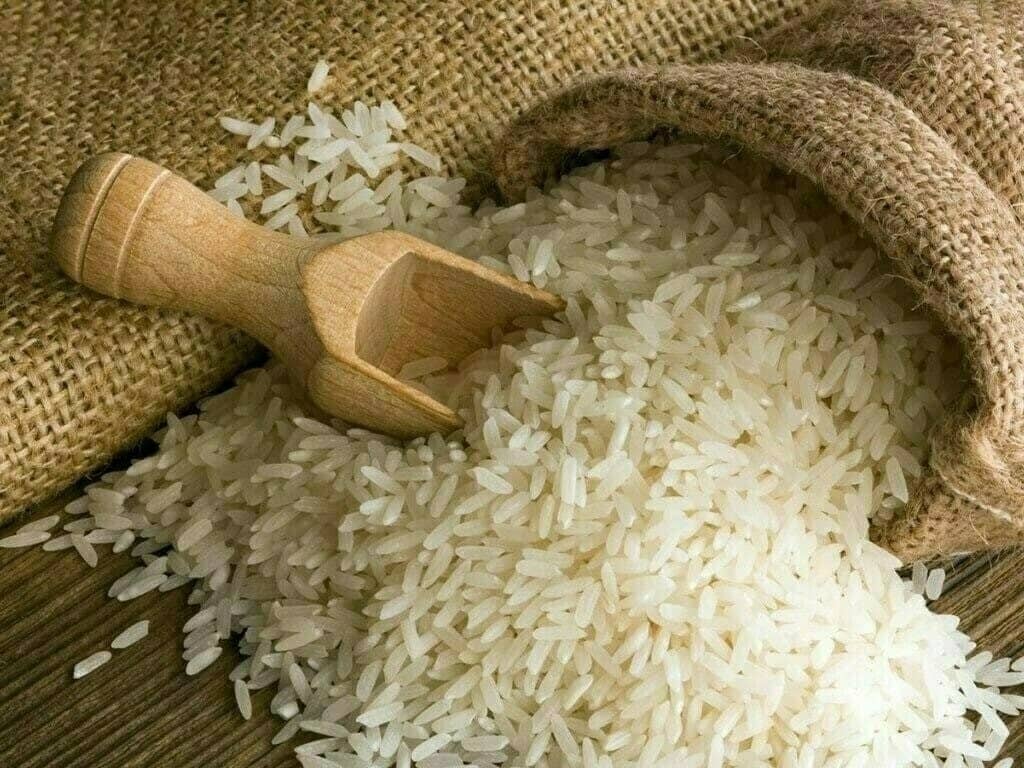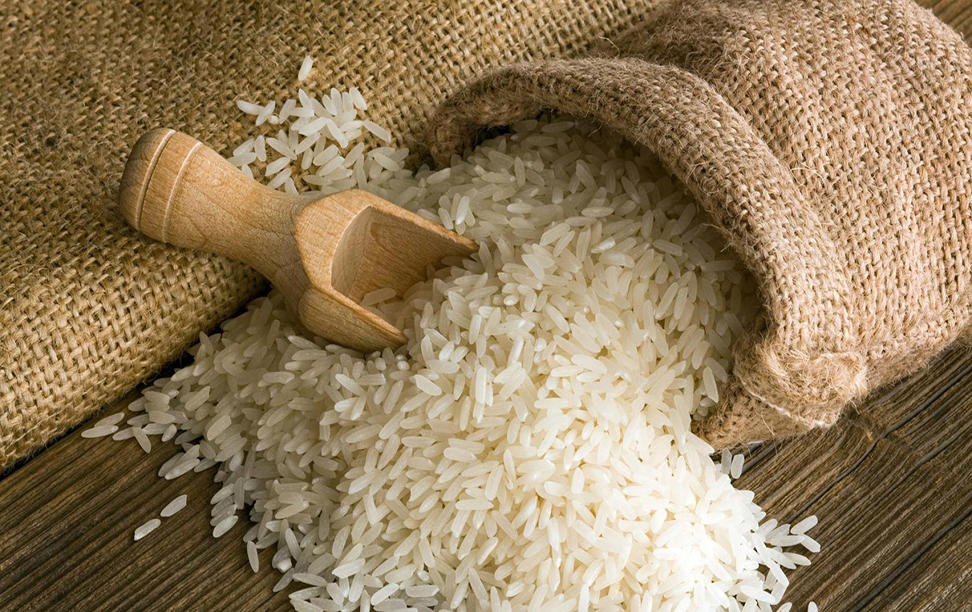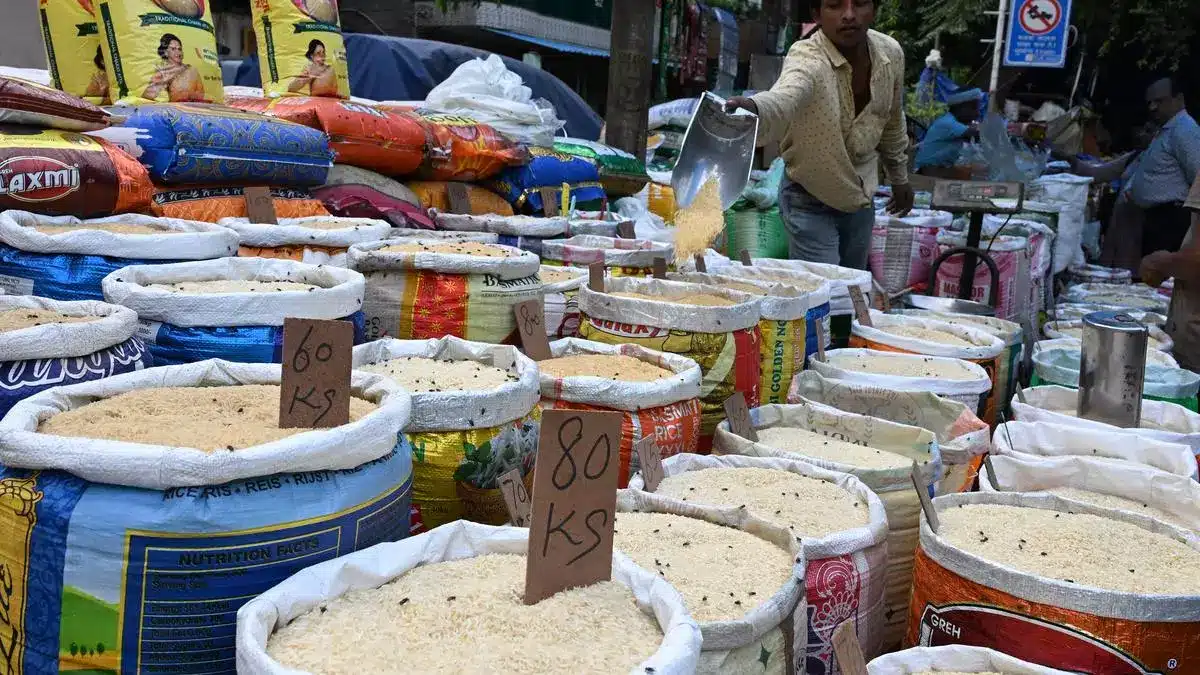Tags
Is Pak stealing Indian secrets to boost basmati exports?
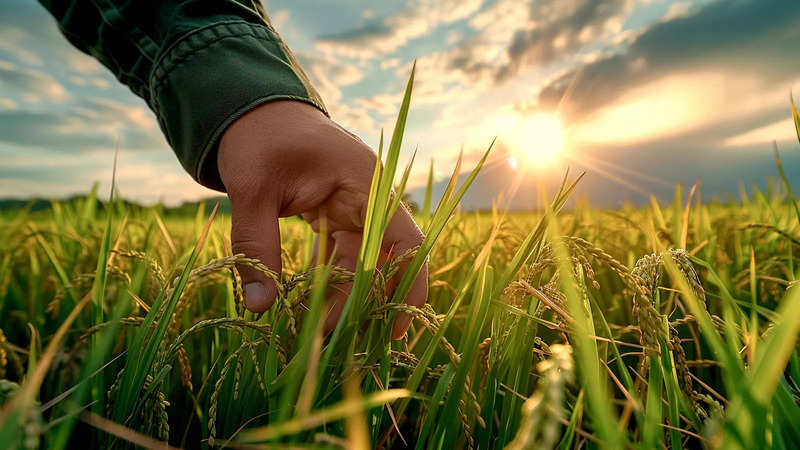
The Indian Agricultural Research Institute has accused Pakistani rice farmers of illegally cultivating, showcasing and selling superior-quality, Indian strains of basmati rice on Pakistani soil. This follows a long-standing conflict between India and Pakistan on the origins and export of the fragrant food grain
The latest addition to the long list of diplomatic crises between South Asia’s nuclear-powered neighbours is an unlikely one, unearthed from Pakistani YouTube videos.
Basmati rice, a highly coveted, fragrant, long-grained variety of rice used predominantly in popular Indian dishes like biryani and pulao, has emerged as a bone of contention between India and Pakistan, in light of the Indian Agricultural Research Institute (IARI) alleging the “illegal” cultivation and sale of its superior strains on Pakistani soil.
IARI is known for breeding high-yielding varieties of Basmati rice that account for nearly 90% of India’s multi-billion dollar basmati exports in 2023-24. Their accusations stem from YouTube videos floated by Pakistani seed mills, especially from the Punjab province, in which recently-released IARI rice varieties were being showcased and promoted.
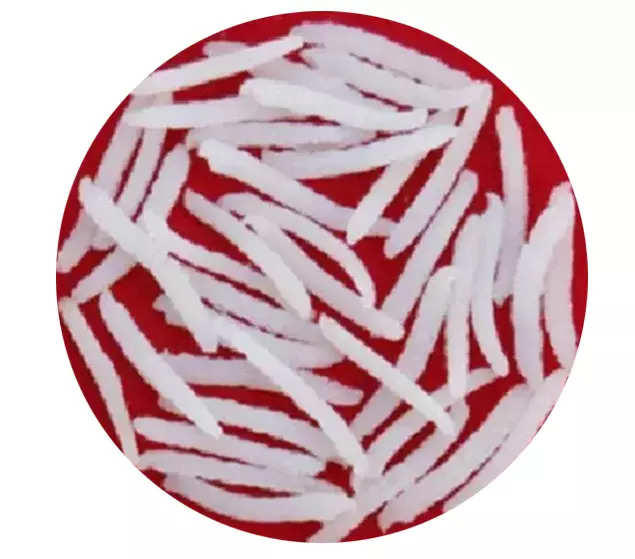
Is Pak stealing Indian secrets to boost basmati exports?© Provided by The Times of India
One example of Pakistan’s alleged seed piracy is the Basmati rice variant listed in Pakistan as ‘PK 1121 Aromatic’ and ‘1121 Kainat’ basmati. Going by IARI’s claims, this is one of the first IARI basmati variants allegedly pirated by farmers and sellers in Pakistan.
Originally titled by IARI as Pusa Basmati 1121, this 2003-released rice variant was one of their most treasured strains — known famously for its long kernel length and high quality. Similarly, PB-1509 released by IARI in 2013 has reportedly been renamed ‘Kissan Basmati’ in Pakistan and is being illegally cultivated and sold on Pakistani soil.
The alleged piracy is not just limited to IARI’s older strains. In late 2021, IARI released three variants with unique disease-resistant features — Pusa Basmati-1847 (PB-1847), PB-1885 and PB-1886. YouTube videos by Pakistani rice mills showcase the same disease-resistant basmati rice strains and even credit IARI as the
What makes IARI-produced Basmati varieties so unique?
Older basmati varieties such as Taraori (HBC-19), Dehraduni (Type-3), CSR-30, and Basmati-370 had taller plants and limited yields, typically producing only around 10 quintals of rice per acre for 155-160 days, from nursery sowing to harvesting. In contrast, newer varieties developed by IARI, with shorter plant heights, boast higher grain yields and quicker maturation times. The inaugural IARI variety, PB-1, introduced for commercial cultivation in 1989, yielded approximately 25-26 quintals per acre and reached maturity in just 135-140 days.
medium
Highlighting the need to protect “the interests of our farmers and exporters”, IARI has demanded legal action against Pakistani seed firms that have been found to pirate the institute’s varieties. According to the institute, IARI scientists work diligently towards developing high-yield, high-quality, pest-resistant Basmati variants to cater to a lucrative global demand. Therefore, they fear Pakistan’s alleged attempts to sell pirated IARI varieties at lower prices could harm India’s dominance as a Basmati rice exporter and
India and Pakistan’s export race
From rice pilaf to desserts, Basmati rice is a quintessential ingredient in many popular South Asian and West Asian dishes. India’s basmati rice exports comprise 65% of the global market and are one of the country’s most lucrative export products. According to experts, while Pakistan boasts of the lion’s share in the European Union and the United Kingdom, Indian basmati rice dominates markets in Iran, Saudi Arabia and other countries in the West Asian region, considering the latter’s preference for Indian rice grains that are harder and don’t break easily when cooked for a long time.
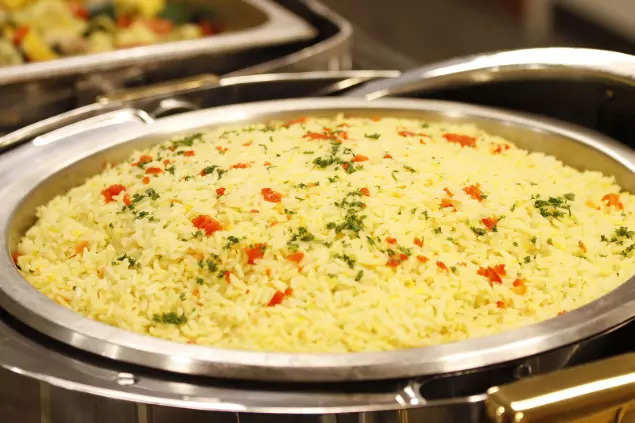
Is Pak stealing Indian secrets to boost basmati exports?© Provided by The Times of India
Although India’s basmati rice exports totalled a record high of 4.9 million metric tons and $5.4 billion in revenue in 2023, experts anticipate a decline in 2024, owing to low rainfall this year, shipping issues in the Red Sea, and restrictions imposed by the Indian government last year on the export of non-basmati white rice. Indian exporters also claim that the government increasing the minimum export price (MEP) to $1,200 per metric ton (from $950) has also had an impact on basmati rice traders.
Conversely, it is estimated that Pakistan’s rice exports may escalate to 5.0 million metric tons this year, a significant increase from the previous year’s 3.7 million tons.
Experts peg this statistic to two major factors. One is the revival of basmati rice production in Pakistan, as more and more land is being allocated for the cultivation of the aromatic rice. The second factor is the declining value of the Pakistani rupee, which puts their exports at a more competitive price in the international market. A depreciated Pakistani rupee, for instance, pegs the export price of Pakistan’s Super Kernel basmati brown rice at $825-875 per tonne. In comparison, India’s equivalent PB-1 brown rice is being exported at $1,000-1,075 per tonne.
Controversies between India and Pakistan over Basmati’s GI tag
This is not the first time basmati rice has led India and Pakistan to a diplomatic crisis. In 2018, when Indian Basmati exports to the European Union declined significantly in favour of Pakistan, New Delhi sought a Protected Geographical Indication (PGI) from the European Commission to gain exclusive rights to the term “Basmati” within the EU.
According to the European Union website, a geographical indication (GI) tag enables the protection of a product that has a unique link with its geographical origin. The tag prevents misuse or imitation and offers a guarantee to consumers of their specific geographical origin and product characteristics that can be uniquely attributable to the place of origin.
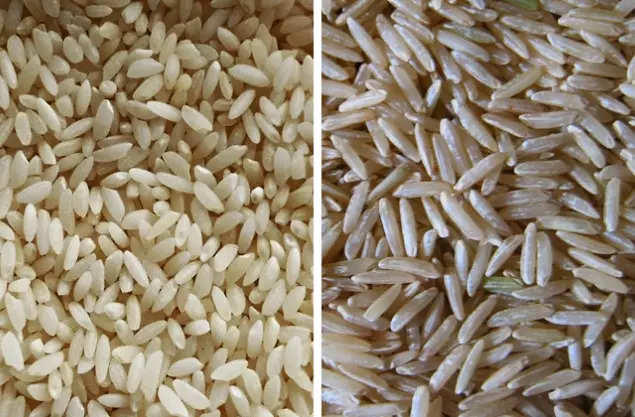
Is Pak stealing Indian secrets to boost basmati exports?© Provided by The Times of India
Between 2004 and 2005, after Darjeeling tea became the first GI-tagged product in India, tea sellers in India enjoyed a significant surge in prices. Similarly, in France, producers of the Champagne from the French region boast higher prices for the GI-tagged champagne.
However, trouble started when Pakistan applied to the European Commission for a GI tag for its basmati rice in 2023. While the Indian application for the GI tag remained under scrutiny, the European Commission database had registered Pakistan’s GI application in eAmbrosia even before Pakistan published its definition of basmati rice — a prerequisite for getting a GI tag.
The European Commission was then accused of favouring Pakistan’s GI tag application in a bid to strongarm India during their then-ongoing talks on a Free Trade Agreement (FTA). The international body also reportedly tried to persuade India to modify its GI tag application and include Pakistani regions that also grow basmati. Alternatively, they had also suggested India and Pakistan jointly submit a new application for a single registration for Basmati.
https://www.msn.com/en-in/news/India/is-pak-stealing-indian-secrets-to-boost-basmati-exports/ar-BB1lPpTR?apiversion=v2&noservercache=1&domshim=1&renderwebcomponents=1&wcseo=1&batchservertelemetry=1&noservertelemetry=1Published Date: April 19, 2024





